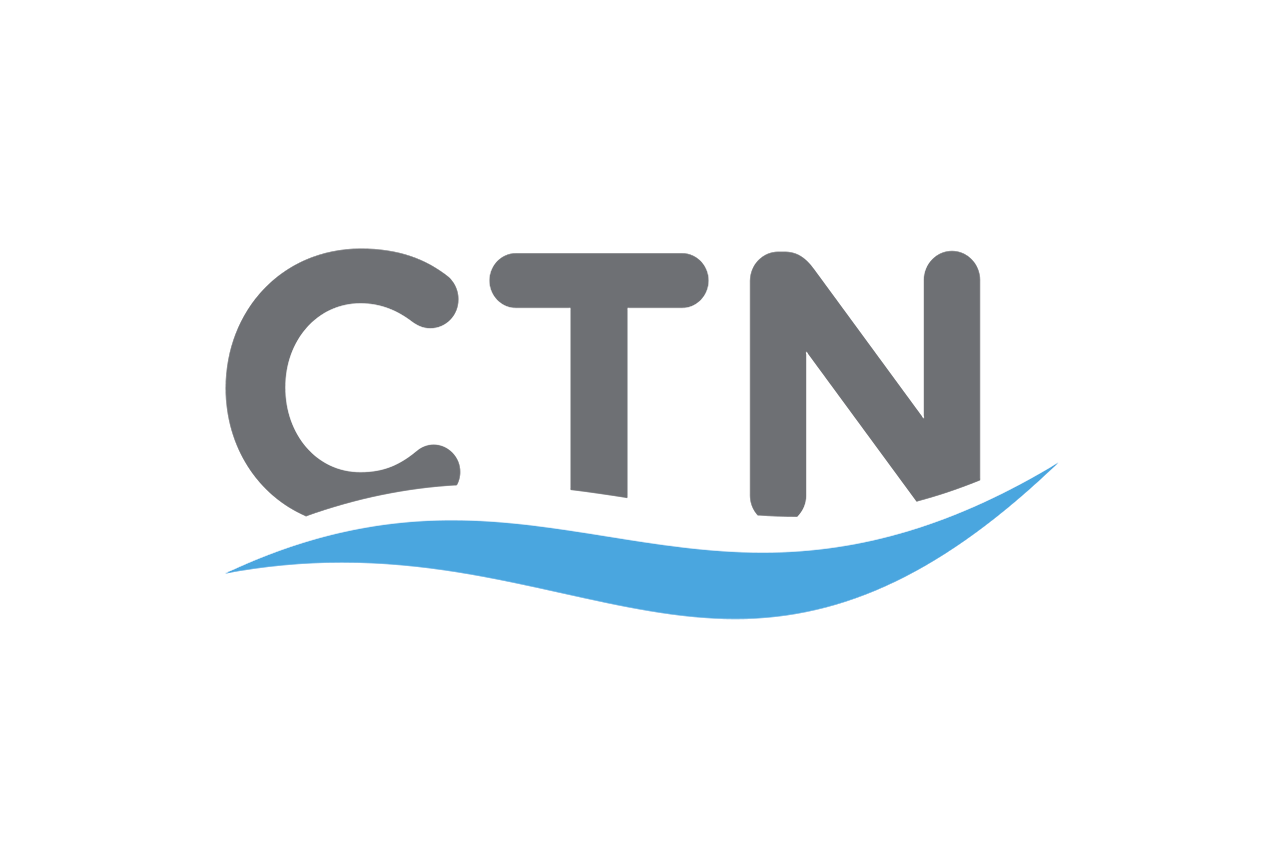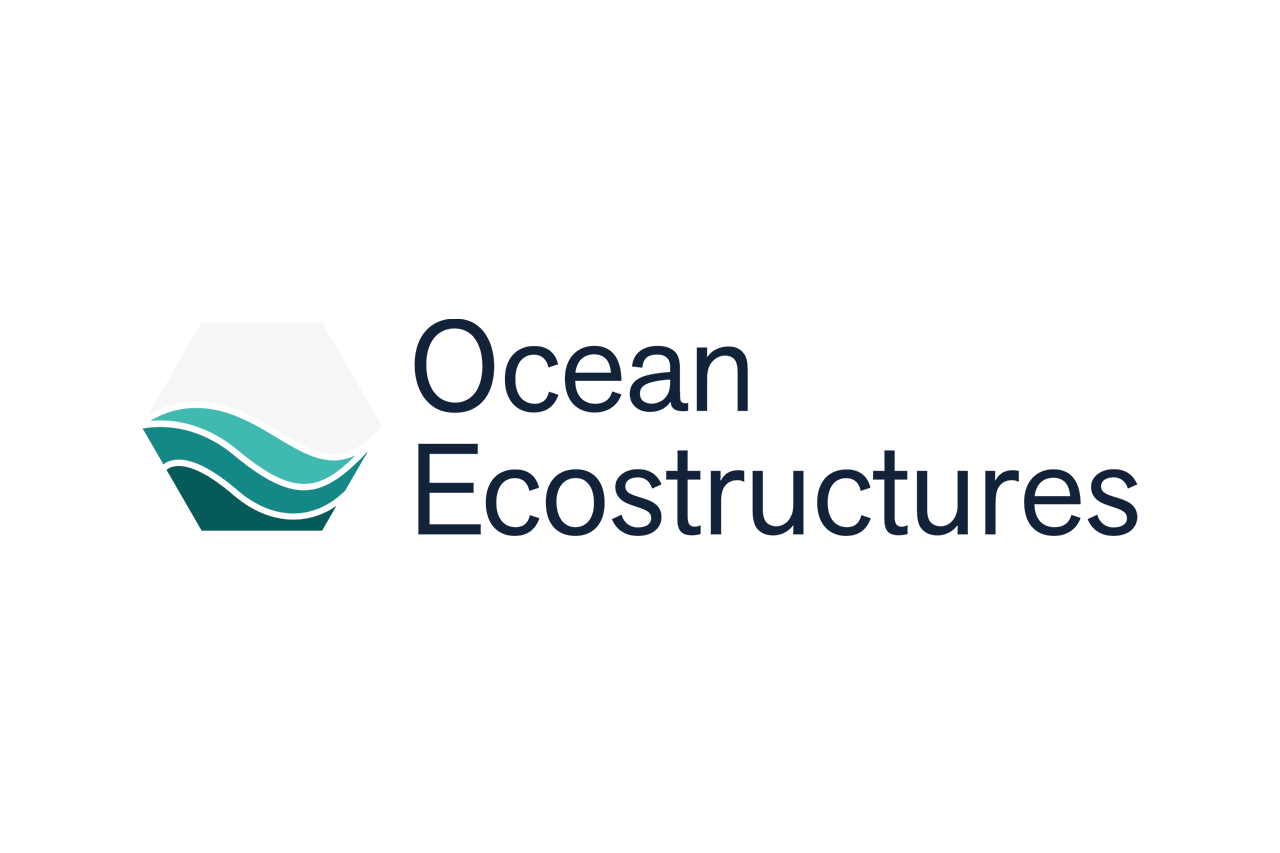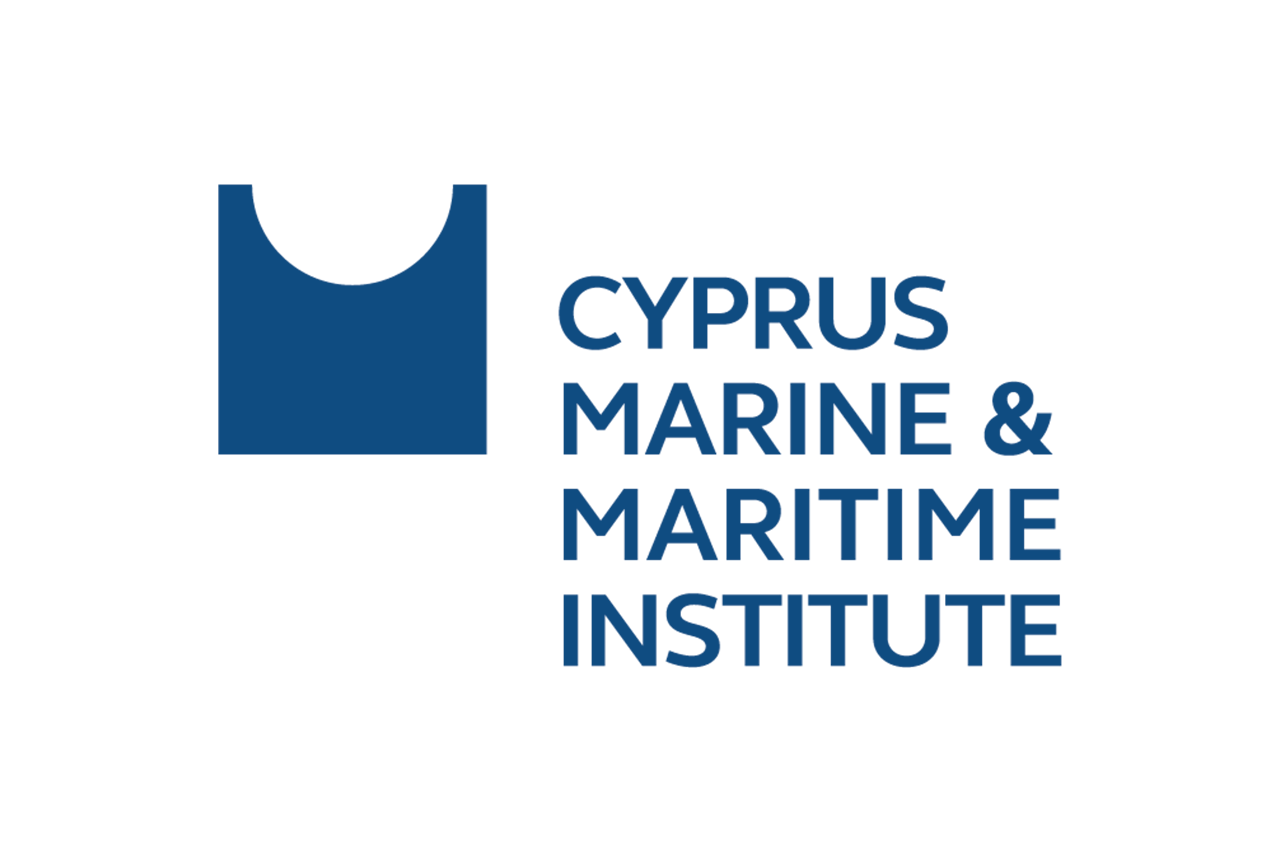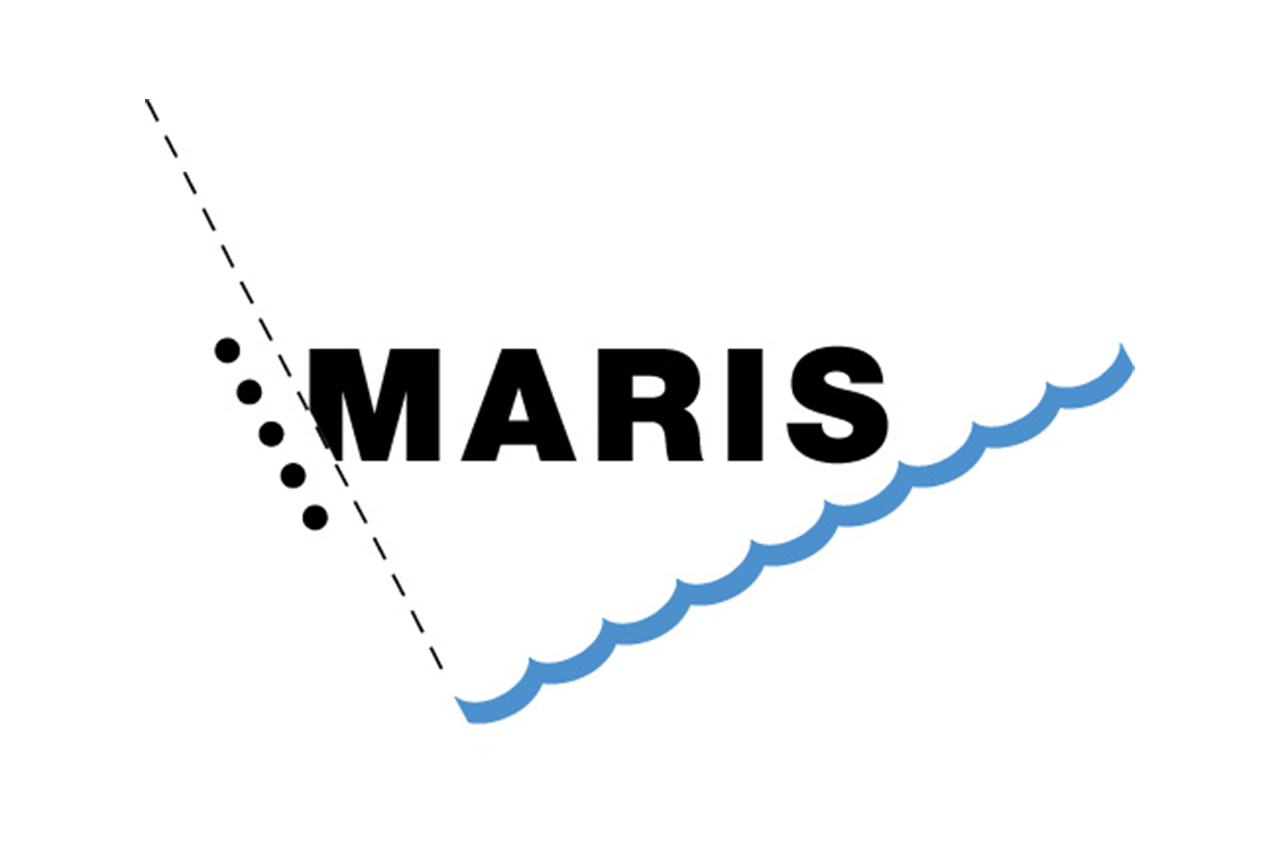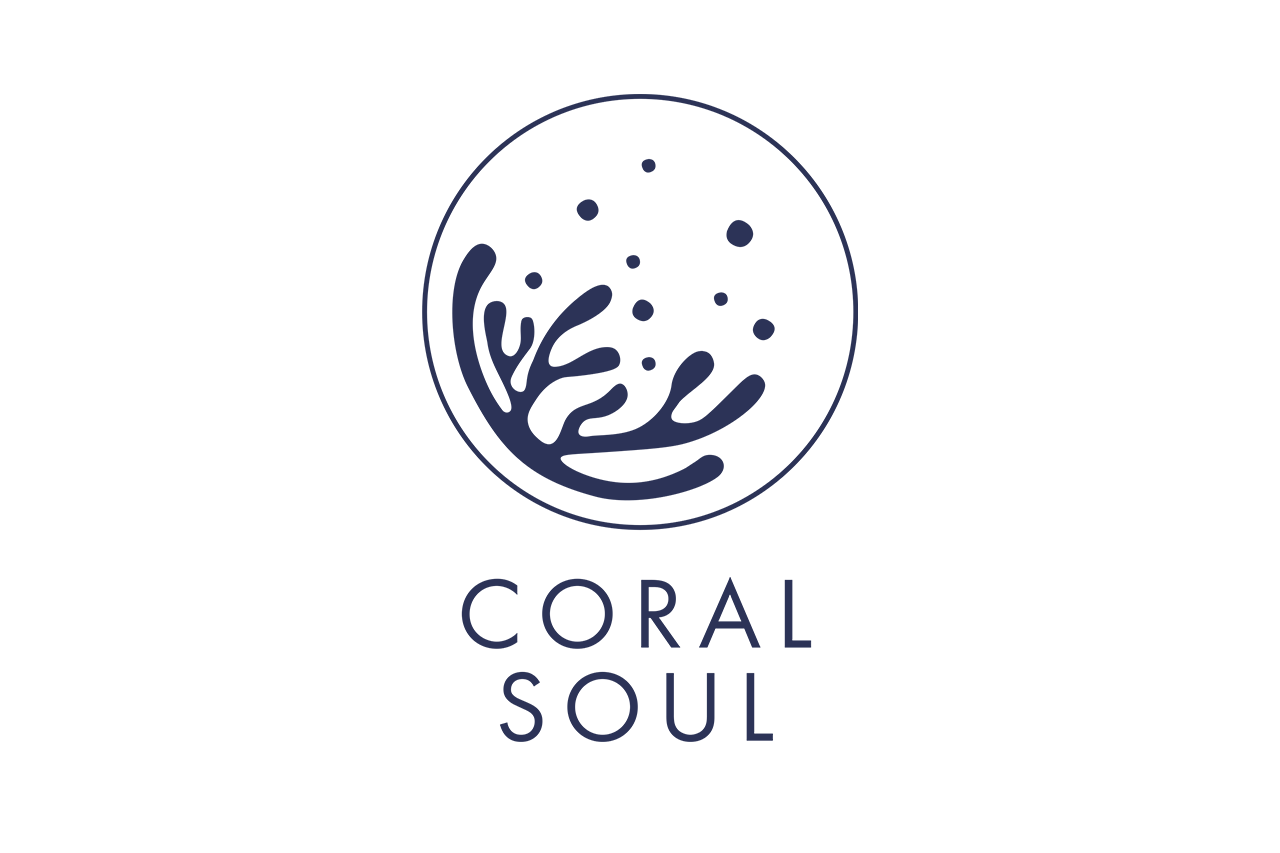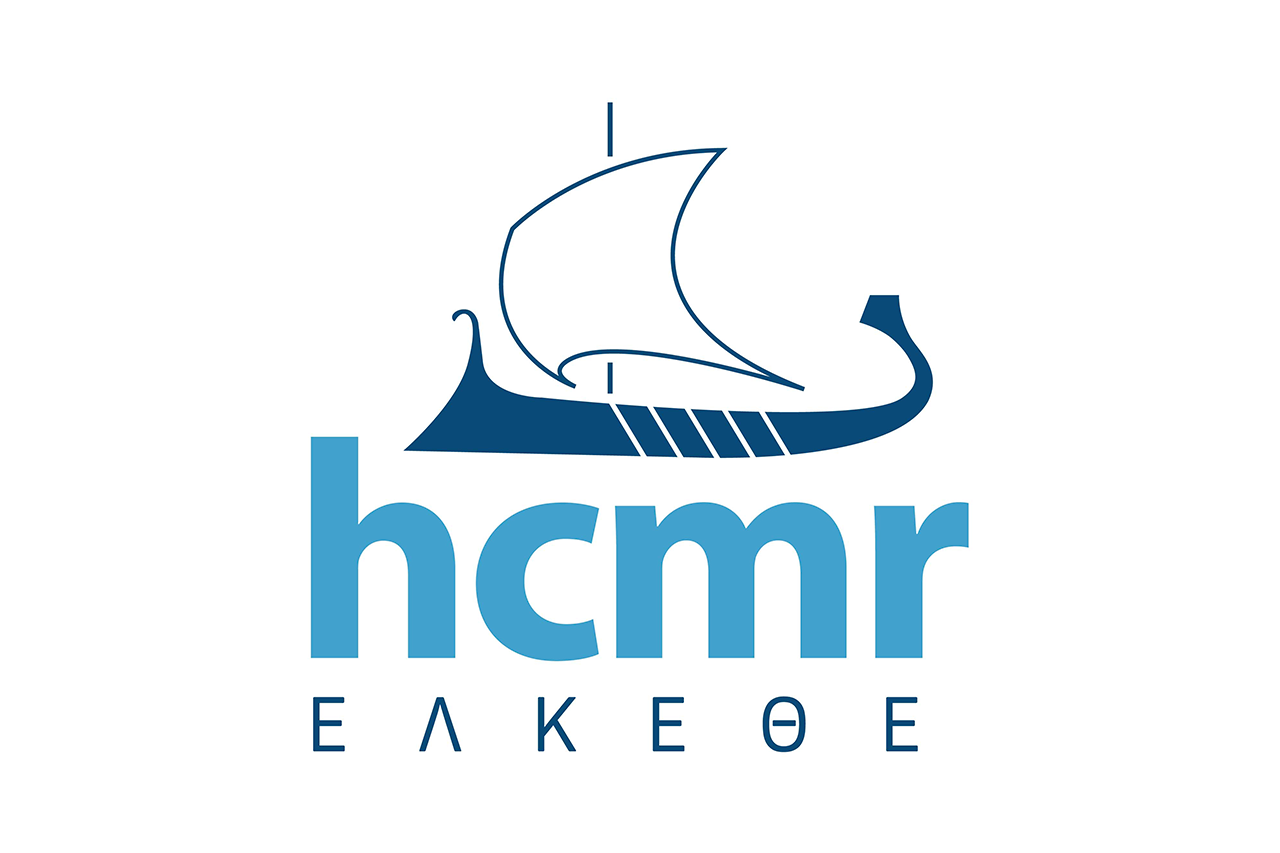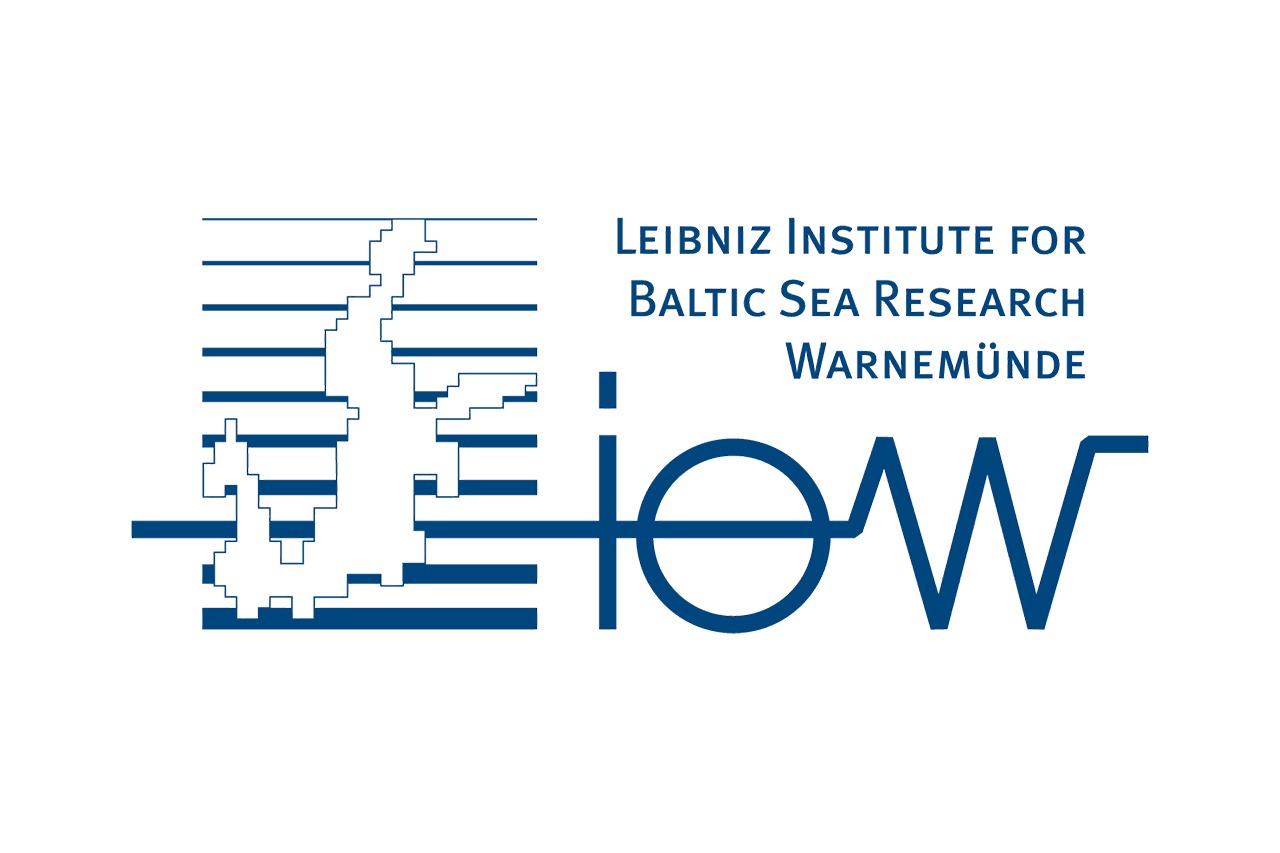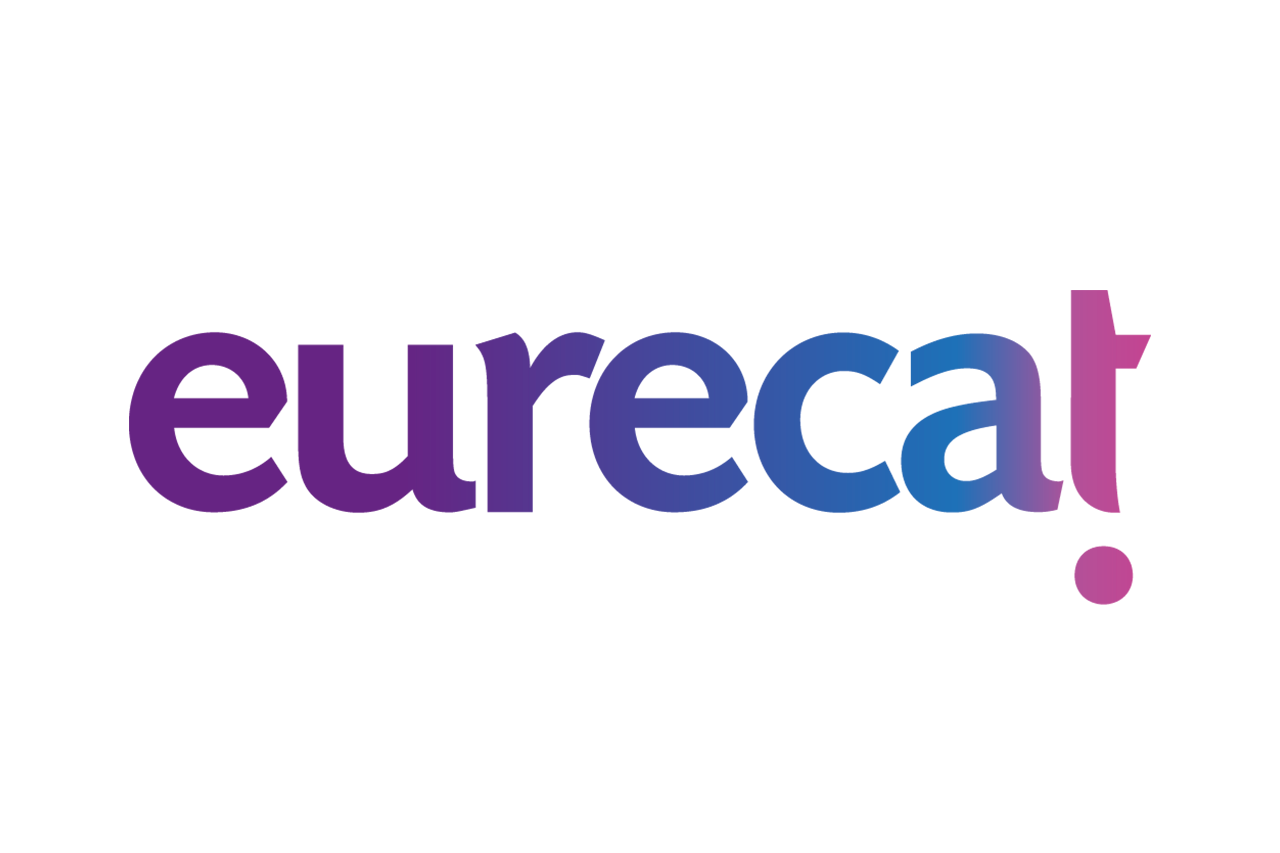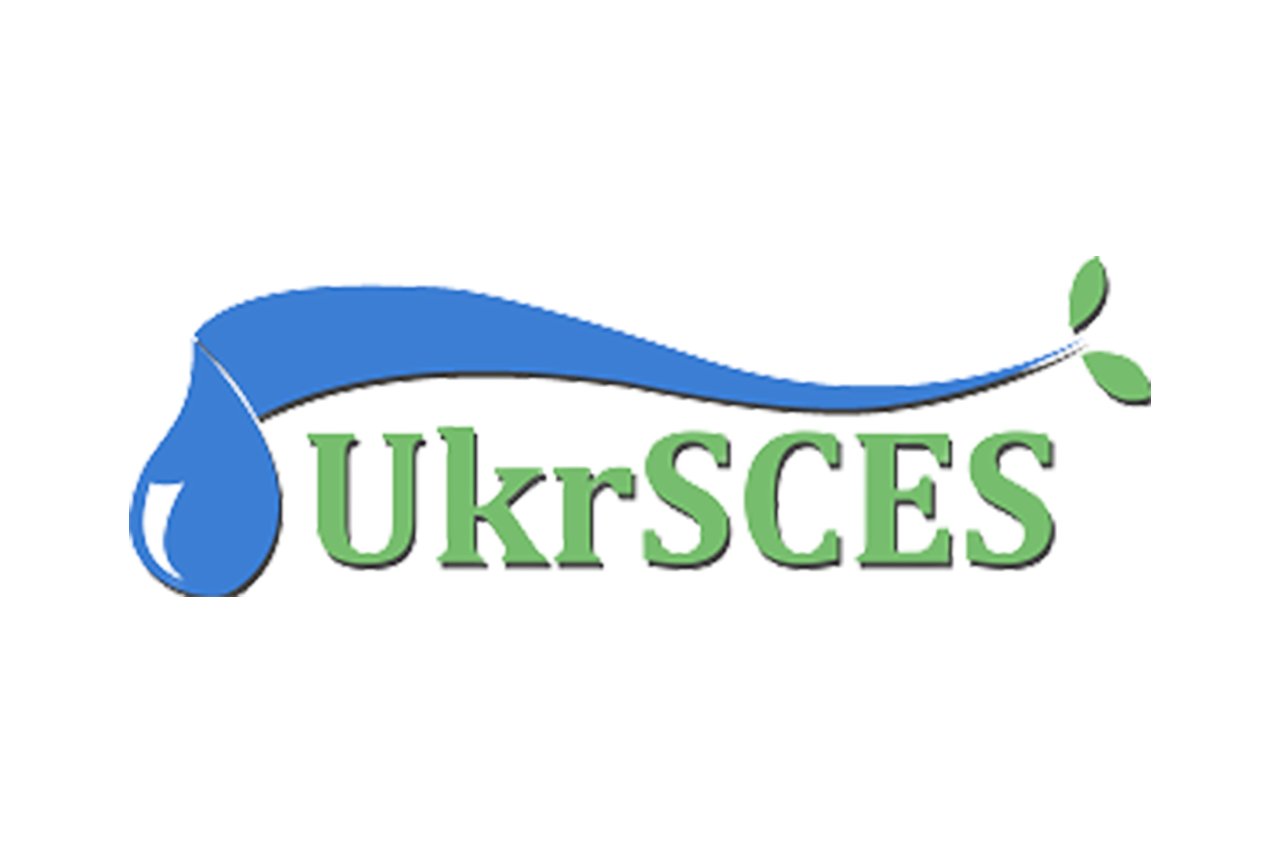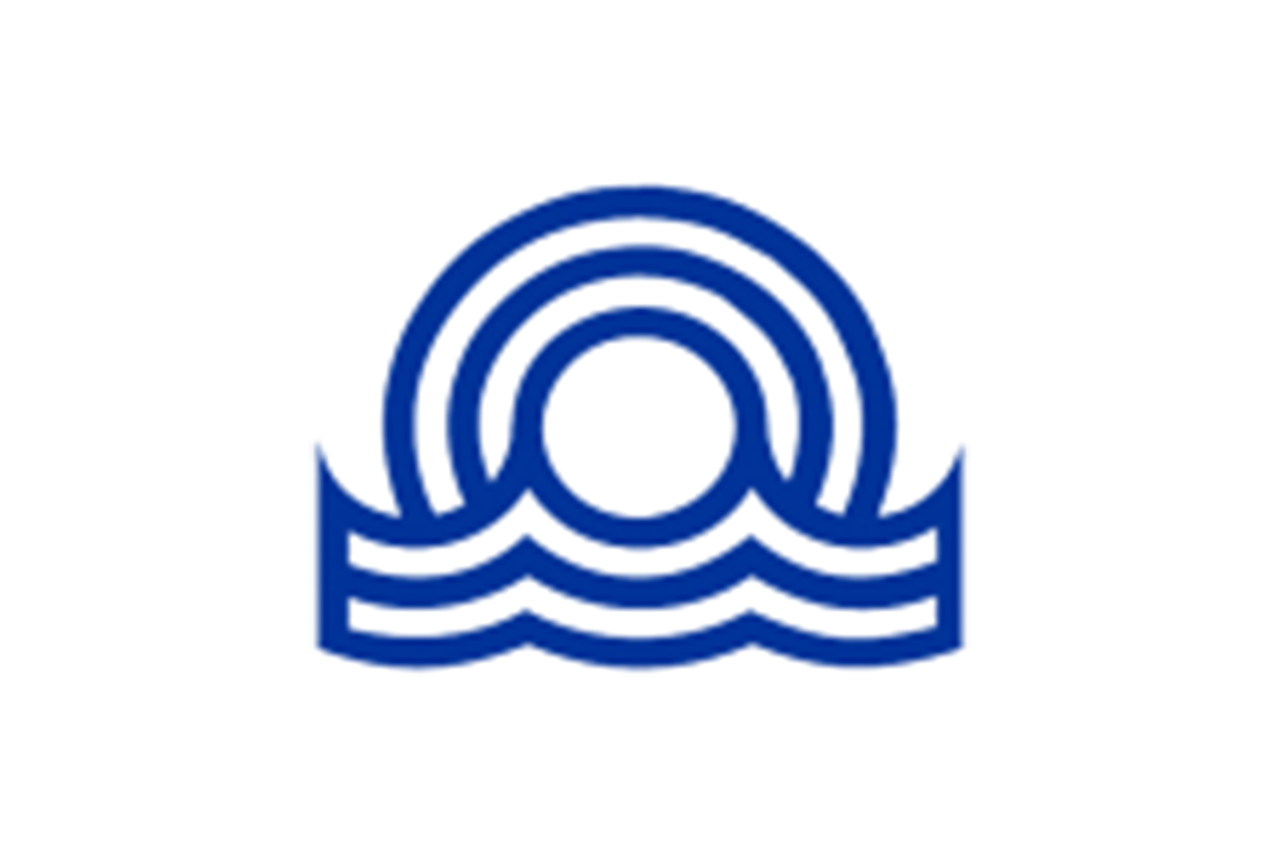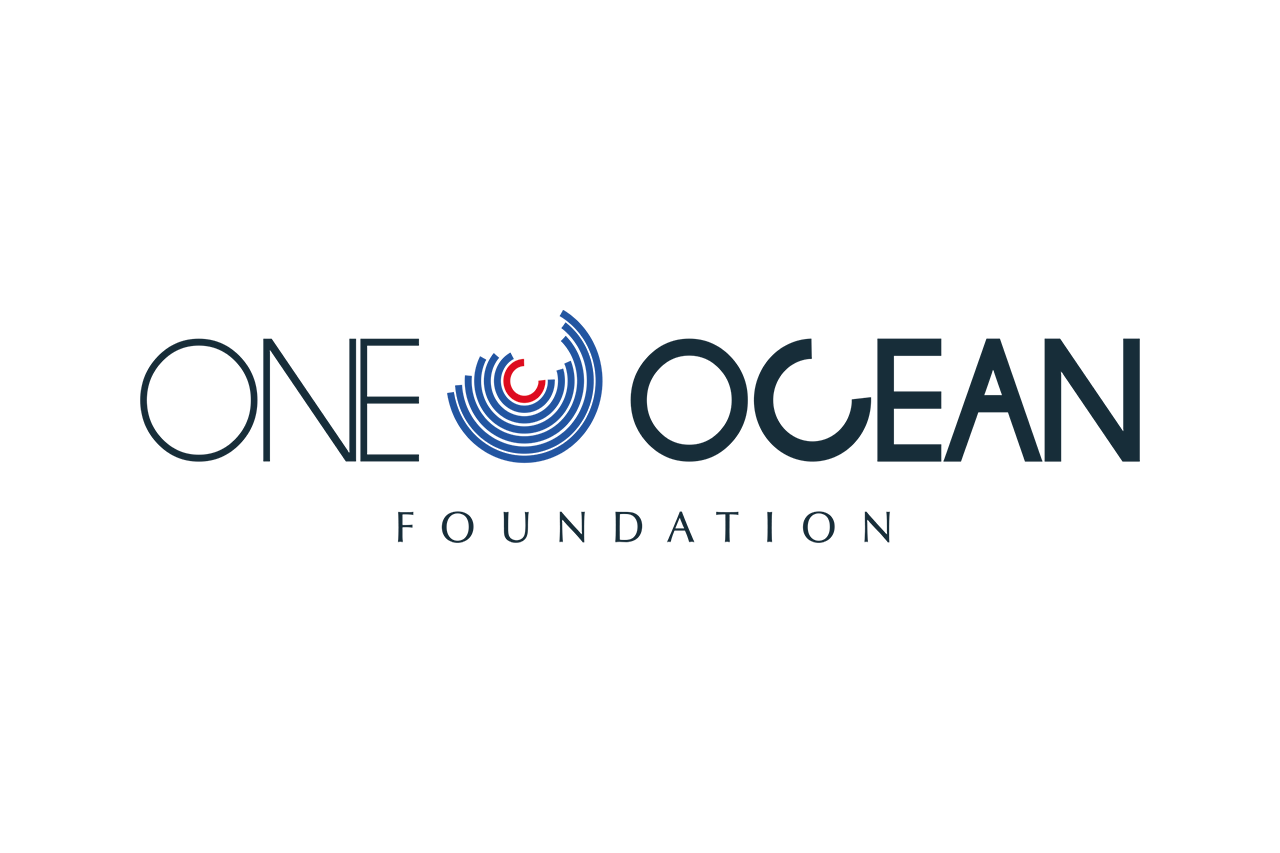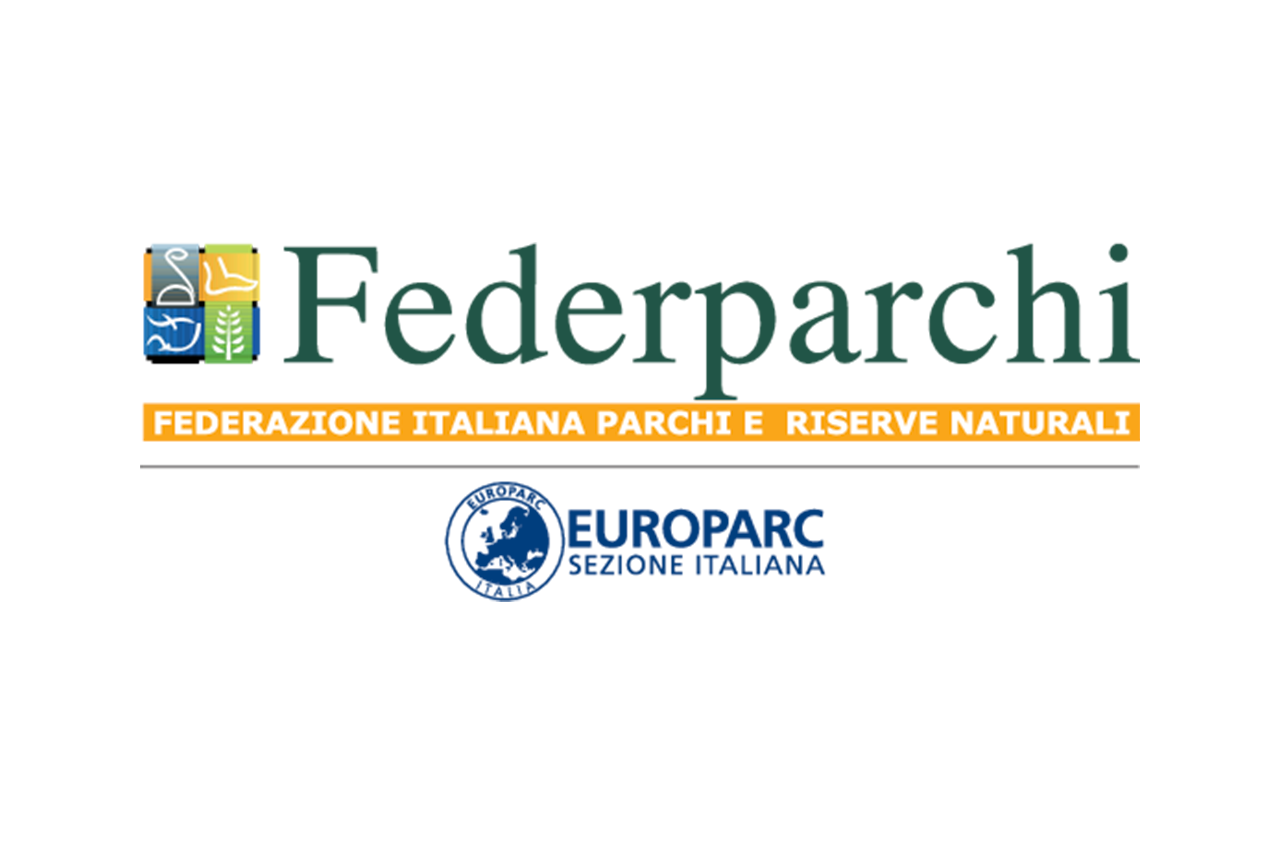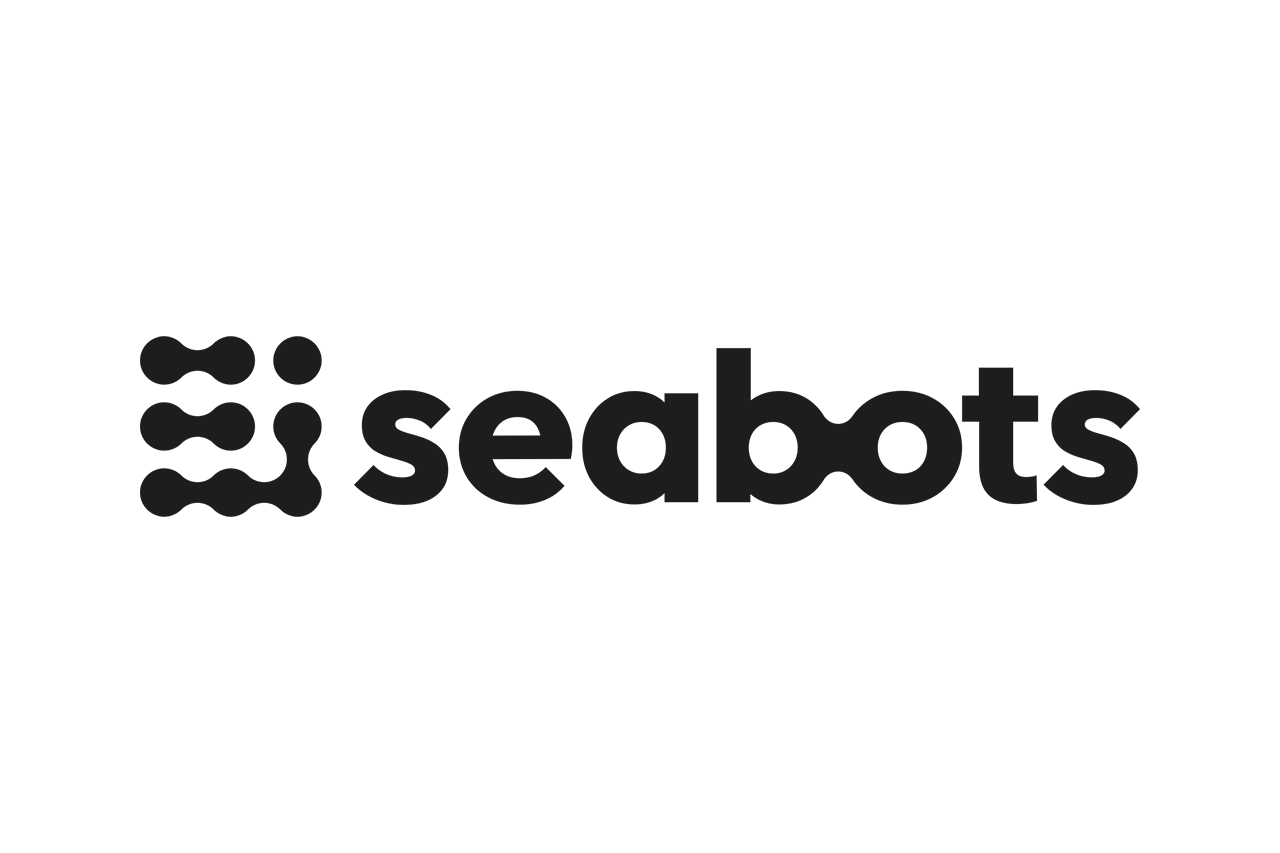
DESCRIPTION
Welcome to EFFECTIVE, a 4-year Horizon Europe project with the mission to protect and restore the EU’s Mediterranean Blue Natural Capital. By combining cutting-edge science, technological nature-based solutions, digitalization, and social implications, we will create a comprehensive knowledge base and practical guidance for ecosystem-based management.
Join us on this transformative journey, where innovation meets nature’s embrace. Together, we can shape a future where coastal and marine ecosystems thrive, and the blue natural capital flourishes for generations to come.
OBJECTIVES
Our primary objective is to develop a comprehensive scientific knowledge base and practical guidance, combining science, technological nature-based solution, digitalization, and social implication for the application of the Ecosystem-Based management to the protection and restoration management of the EU’s Mediterranean Blue Natural Capital.
In order to achieve our main objective, we have identified the following specific objectives:
- Apply EBMS to identify, analyse and extend an ecological corridor in the Mediterranean Sea, connecting habitats and biodiversity.
- Apply EBMS to analyse and extend the status of four Marine Protected Areas in the Mediterranean Sea.
- Demonstrate four nature-based seabed protection and restoration solutions, including preserving seabed carbon sequestration capacity, in a real environment.
- To identify limiting factors, gaps and recommendations of existing MPA legislation regarding environmental and anthropogenic pressures, setting up links with previous projects.
- To implement an innovative digital data visualisation and aggregation tool in the form of a Digital Twin for enabling data exploration, research, participation and citizen science.
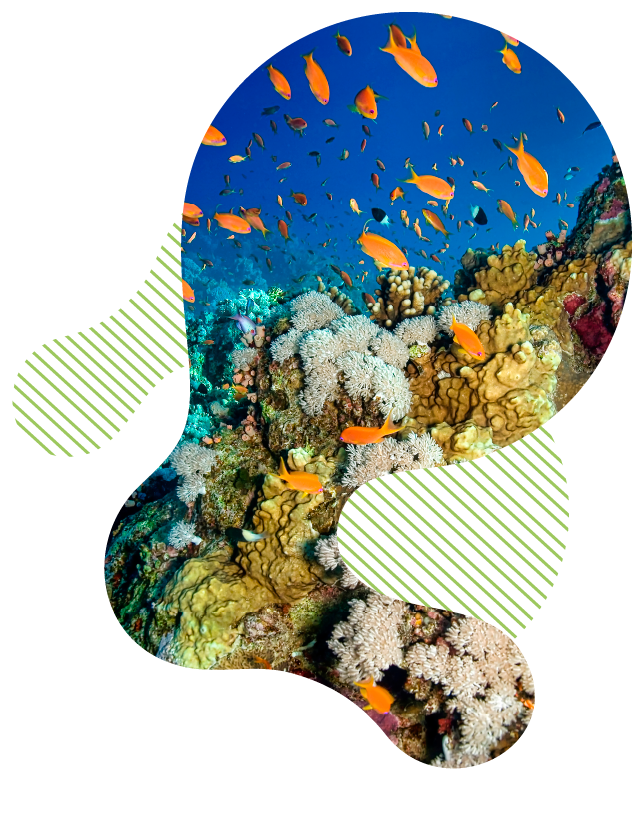
WORKPLAN
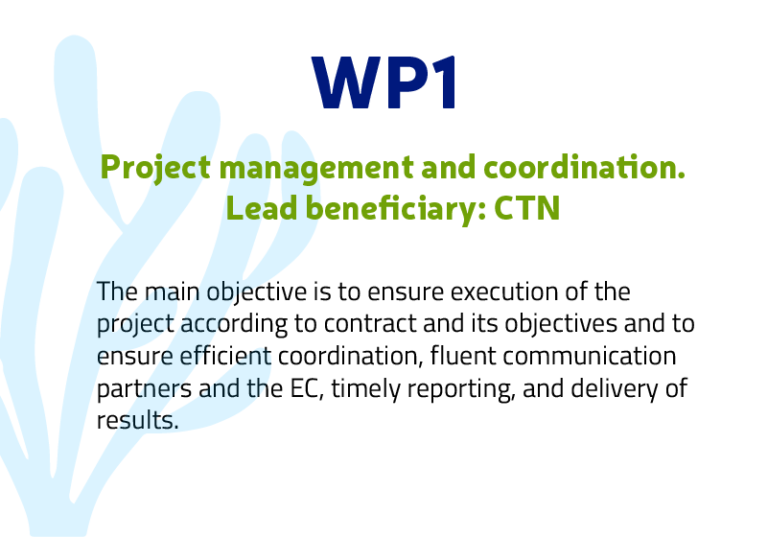

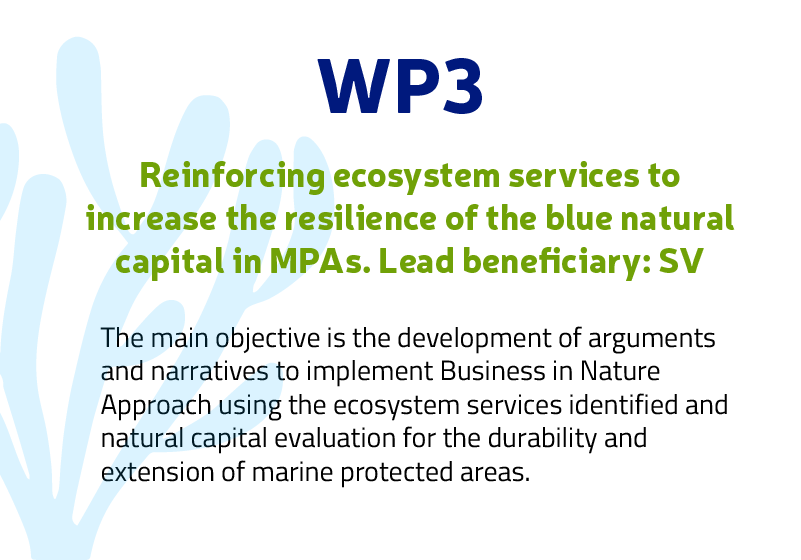

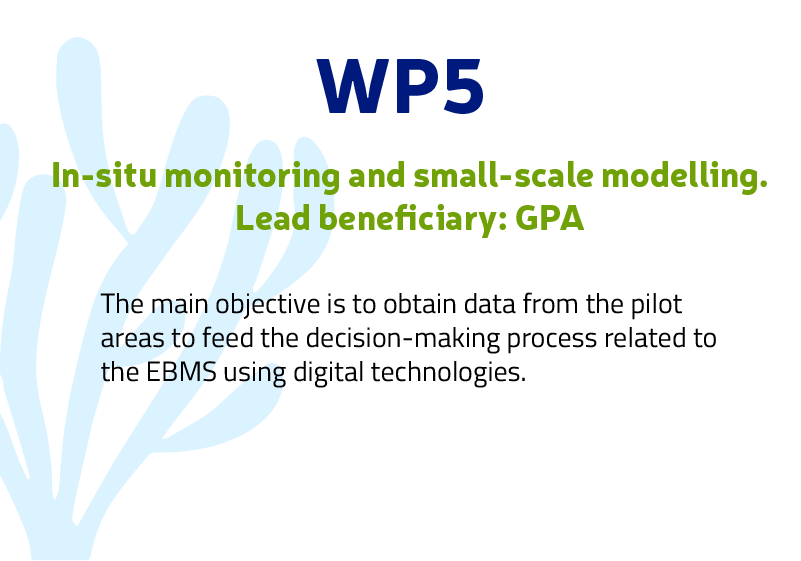
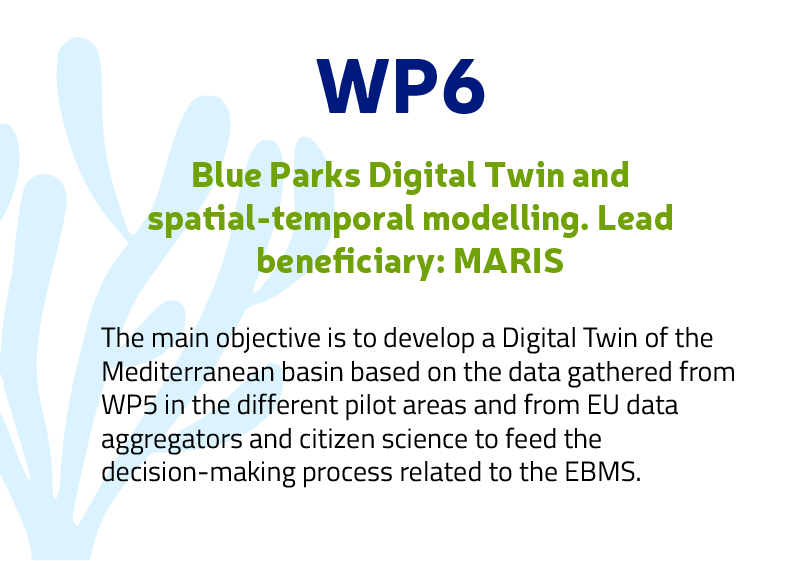

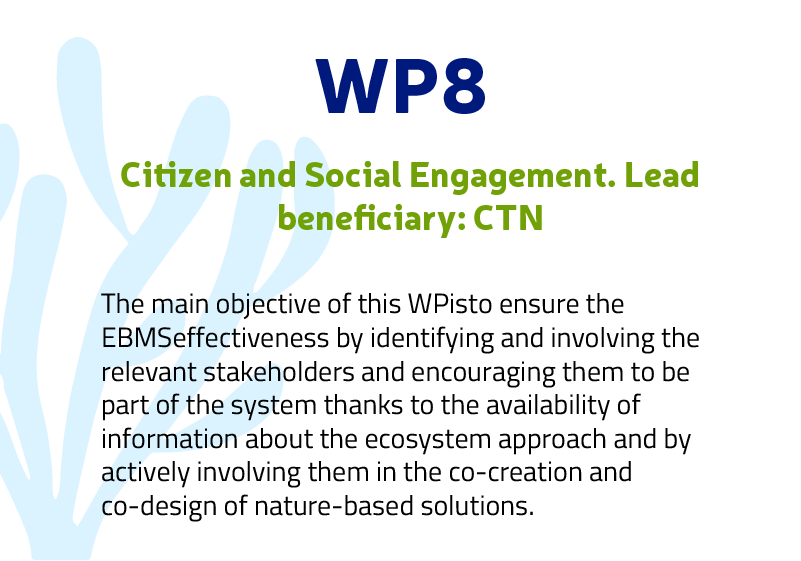
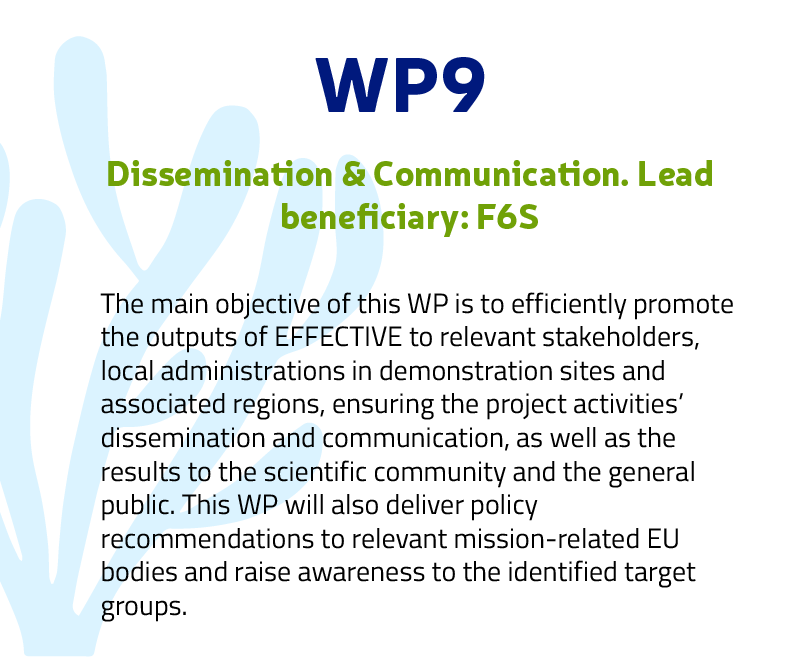
Meet the EFFECTIVE Partners:
The EFFECTIVE consortium includes a diverse range of 22 expert partner organisations, spanning across the three pillars of the Ecosystem-Based Management System (EBMS): managerial pillar, information pillar, and participation pillar.


